Signs of Hormonal Imbalance in Women: When to Seek a Consultation
Hormones are the unseen conductors of our bodies, orchestrating everything from mood swings to metabolism. For women, maintaining hormonal harmony is crucial for overall health and well-being. However, when these delicate balances are disrupted, signs of hormonal imbalance can arise—manifesting in various physical and emotional symptoms that may leave you feeling confused or overwhelmed. If you've noticed changes in your body or mood that just don't feel right, it might be time to explore what’s happening beneath the surface. Let’s delve into the signs of hormonal imbalance in women and discover when it's essential to seek a consultation with a healthcare professional specializing in women's hormone concerns in La Mirada, Placentia, and Downey.
Understanding Hormonal Imbalance in Women
Hormonal imbalance occurs when the levels of hormones in the body are disrupted. For women, this can result from various factors, including age, lifestyle, and medical conditions.
Estrogen and progesterone play vital roles in regulating menstrual cycles, mood stability, and reproductive health. When these hormones fluctuate too much or too little, it can lead to a range of symptoms that affect daily life.
Common issues include irregular periods, weight gain, fatigue, and sleep disturbances. These changes might seem minor at first but can significantly impact overall well-being over time.
Understanding hormonal balance is crucial for identifying potential problems early on. Recognizing how your body reacts to these shifts empowers you to take proactive steps toward regaining equilibrium.
Common Signs and Symptoms to Look Out For
Hormonal imbalances can manifest in various ways, making it essential to recognize the signs early.
- Irregular periods often signal that something is off. If cycles become unpredictable or painful, it might be time to pay attention.
- Mood swings are another common symptom. Sudden irritability or emotional outbursts can indicate fluctuations in hormone levels.
- Weight changes may also occur without a clear reason. Unexplained weight gain or loss warrants further investigation.
- Additionally, fatigue that doesn’t improve with rest can point to hormonal issues as well. It's more than just feeling tired; it's an overwhelming sense of exhaustion affecting daily life.
- Skin changes like acne, dryness, or excessive hair growth may arise too. These physical symptoms often reflect underlying hormonal shifts and should not be ignored.
Being aware of these signals enables proactive steps toward better health and wellness.
The Role of Hormones in the Body
Hormones play a crucial role in regulating many bodily functions. They act as chemical messengers, traveling through the bloodstream to tissues and organs. Each hormone has specific tasks that affect everything from metabolism to mood.
For instance, estrogen and progesterone are essential for reproductive health. These hormones help regulate the menstrual cycle and influence fertility. Meanwhile, insulin manages blood sugar levels, ensuring your body uses energy effectively.
Thyroid hormones impact metabolism, controlling how quickly you burn calories. Cortisol aids in stress response, helping manage how your body reacts during challenging situations.
These hormonal interactions form a complex web that maintains balance within the body. When this balance is disrupted, it can lead to various physical and emotional symptoms that warrant attention. Understanding their roles helps highlight why maintaining hormonal health is vital for overall well-being.
Factors that Contribute to Hormonal Imbalance
Hormonal imbalance in women can stem from various factors that disrupt the delicate endocrine system. Stress is a significant contributor. When your body experiences high-stress levels, it produces cortisol, which can interfere with other hormones.
Diet plays a critical role too. A poor diet lacking essential nutrients may lead to deficiencies that affect hormone production and regulation. Consuming excessive sugar and processed foods can also throw off hormonal balance.
Environmental toxins are another concern. Chemicals found in everyday products, such as plastics and personal care items, can act like hormones or disrupt natural hormone function.
Lifestyle choices matter greatly. Lack of exercise and inadequate sleep are linked to hormonal fluctuations. Each element adds up, influencing how well your body maintains its hormonal harmony over time.
When to Seek a Consultation with a Doctor
- Recognizing the right time to consult a doctor about hormonal imbalance is crucial. If you notice persistent mood swings, fatigue, or unexplained weight changes, it may be time to seek help.
- Irregular menstrual cycles are another significant indicator. Skipped periods or sudden changes in flow can signal underlying issues that deserve attention.
- Chronic symptoms like insomnia or decreased libido warrant professional advice as well. These experiences can affect your daily life and overall wellness significantly.
- In cases where lifestyle adjustments don’t alleviate symptoms, consulting a healthcare provider becomes essential. They can offer insights tailored to your unique situation.
- If anxiety or depression starts impacting your relationships and work performance, reaching out for expert guidance is important too. Mental health often intertwines with hormonal fluctuations, making it vital to address both aspects holistically.
Treatment Options for Hormonal Imbalance
When it comes to treating hormonal imbalance, several options are available.
- Lifestyle changes often serve as the first line of defense. Adjusting your diet, increasing physical activity, and managing stress can make a significant difference.
- Hormone replacement therapy (HRT) is another popular choice for many women experiencing severe symptoms. This treatment involves supplementing hormones that may be deficient due to menopause or other conditions.
- Natural remedies, such as herbal supplements like black cohosh and evening primrose oil, have also gained traction. Always consult with a healthcare provider before starting any new treatments.
- In some cases, medications targeting specific hormone levels might be necessary. These can help regulate menstrual cycles or alleviate mood swings.
- Regular follow-ups ensure that your treatment plan remains effective and aligned with your needs.
Prevention and Management of Hormonal Imbalance
- Preventing hormonal imbalance often starts with a balanced diet. Incorporating whole foods, healthy fats, and plenty of fruits and vegetables can support hormone production.
- Regular exercise also plays a crucial role. Engaging in physical activity helps regulate insulin levels and maintain overall health. Aim for at least 30 minutes of moderate exercise most days of the week.
- Stress management techniques are vital as well. Practices such as yoga, meditation, or deep-breathing exercises can help keep stress hormones in check.
- Quality sleep is essential too. Aim for 7 to 9 hours each night to allow your body time to recover and regenerate its hormonal balance.
- Consider keeping track of your menstrual cycle symptoms using an app or journal. This practice can provide insights into patterns that may need attention from a healthcare professional.
- By adopting these lifestyle changes, you create a supportive environment for hormonal health while potentially reducing the risk of imbalances.
Conclusion
Hormonal balance is essential for overall well-being. Women experiencing symptoms of imbalance should not hesitate to seek guidance. Understanding the signs can empower you to take control of your health.
If you're in La Mirada, Placentia, or Downey, and you suspect hormonal issues are affecting your life, a women’s hormone consultation could be the key. Qualified professionals can help diagnose your condition and tailor treatment options specifically for you.
Remember that taking proactive steps towards managing hormonal health can lead to significant improvements in quality of life. Prioritizing self-care and staying informed about changes in your body are important parts of maintaining long-term wellness.
To learn more about our medspa services or schedule your appointment, call Iconic Skin Clinic at (714) 225-5137. You may also visit our Placentia office at 1041 East Yorba Linda Blvd. Suite 101 Placentia, CA 92870.
 None
None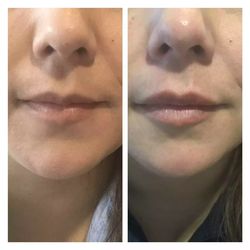 None
None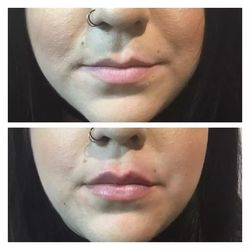 None
None None
None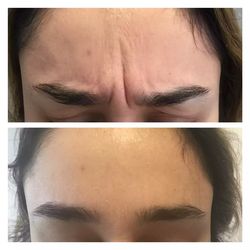 None
None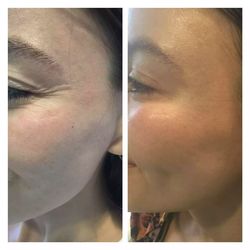 None
None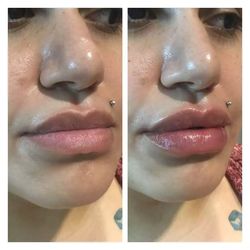 None
None None
None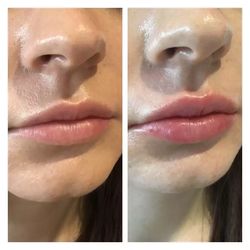 None
None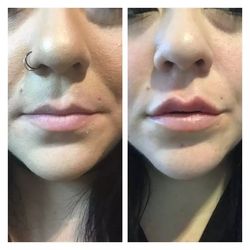 None
None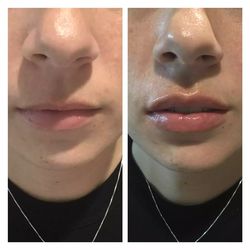 None
None None
None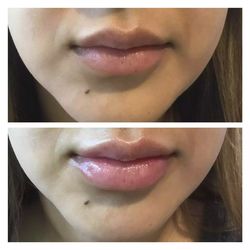 None
None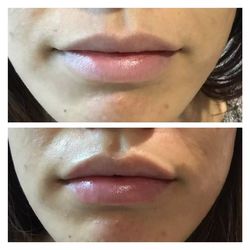 None
None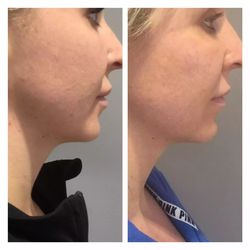 None
None None
None
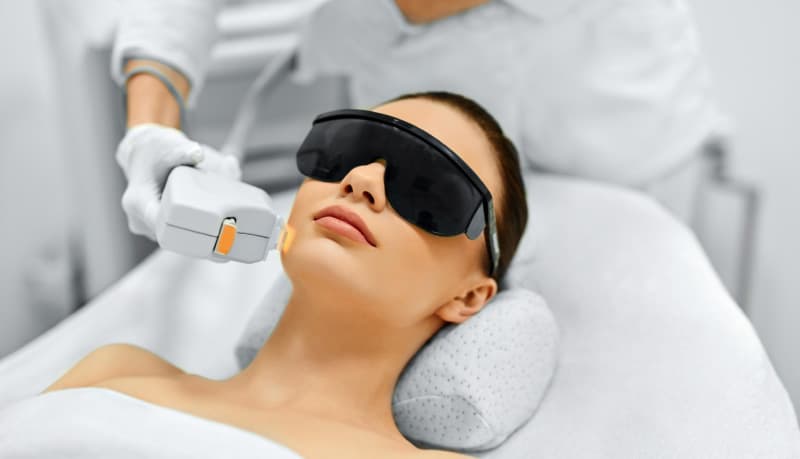









0 comments